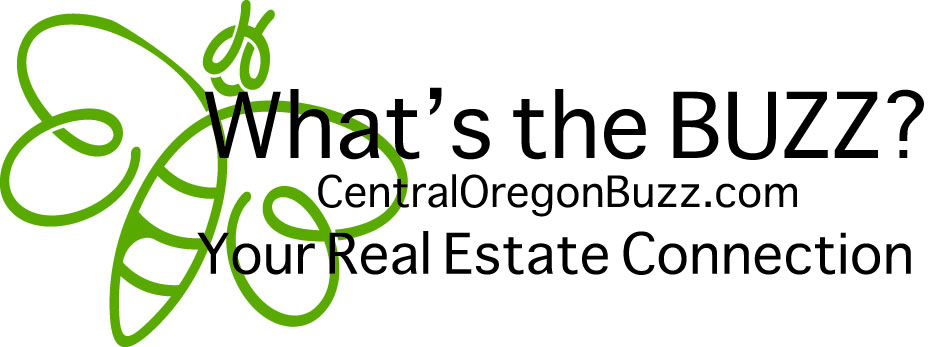
You bought your new house, put in new carpet and just had your custom-made sofa delivered when you find the drainage pipes have backed up. Your in-laws will be here tomorrow, so you call your homeowner’s insurance agent only to find out your policy does not cover sewer.
Say what?
Many homeowners are surprised to learn that their insurance does not cover everything. In fact, it may not cover several things that you assume it does.
Flooding
Your home can experience flooding from several sources. Flooding from heavy rains, tropical storms, or hurricanes is not covered by most policies, but in 1968, Congress created the National Flood Insurance Program (NFIP) that offers coverage to homeowners, renters, and business owners if their community participates in the program. Community participation means that the municipality adopts and enforces ordinances aimed at reducing flooding and that meet or exceed FEMA requirements.
NFIP does not cover flooding from sewer backup, seepage, or hydrostatic pressure (water pressure from saturated soil) unless caused by a federally defined flood.
Mold
Hiding behind drywall and ceilings, or lurking under floorboards, mold comes in over a thousand varieties and poses health risks. Even policies that cover mold only cover mold from specific sources, and typically have $10,000 limits. The cost to remove and repair damage from mold can easily top that amount.
Sewer Backup
Aging sewer systems and backed-up storm drains can allow sewerage to backup into your home. Unless you have an extra endorsement that specifically covers sewer backup, you are on your own for the cleanup and repairs.
Sinkholes and Earthquakes
A sinkhole is when water erodes the rock underground allowing the surface to collapse into the hole. If the sinkhole happens under your home, the damage to your home is major. In most states, sinkhole damage is considered the same as other earth movement (earthquakes) and is excluded from most insurance policies. Earthquake or ground-movement policies are additional.
Termites
Over time, termites destroy support beams, walls, and other wooden parts of your home. Nationwide, damage from termites amounts to more than $5 billion in damage to homes and other structures. Homeowners’ insurance policies do not cover termite damage.
Pets
Many insurance companies will not cover certain breeds in the standard coverage. While some may charge higher premiums for them, others may not cover them at all. If you pet bites or injures a guest (or stranger) on your property, you may be on the hook for medical bills and liability in case of a lawsuit.
Toys
The high accident risk from trampolines means many insurance companies will not cover injuries of a family member or guest. Some companies will not insure you at all if you have a trampoline on your property.
War
Most insurance policies exclude acts of war.
Nuclear Plant Accidents
While your homeowners insurance will not cover a nuclear plant accident, a 1957 law compensates people in the United States from damage or injuries after an accident at a nuclear plant. But the coverage does not pay your mortgage while your home is unlivable.
Take time to discuss all of your insurance needs with your insurance agent. Make sure you fully understand the coverages and exclusions and carefully determine the extra coverage you may need in your situation. Begin immediately to set aside an emergency fund to cover incidents—like backed-up sewer lines—that your homeowners policy excludes.
Compliments of Virtual Results


Leave a Reply